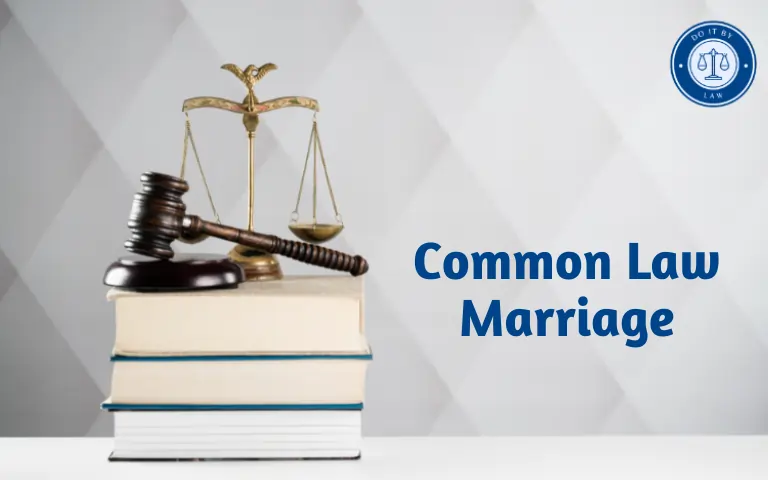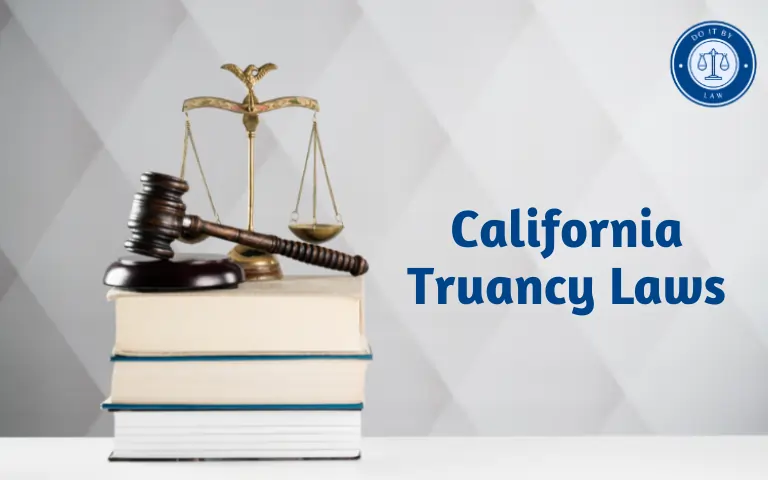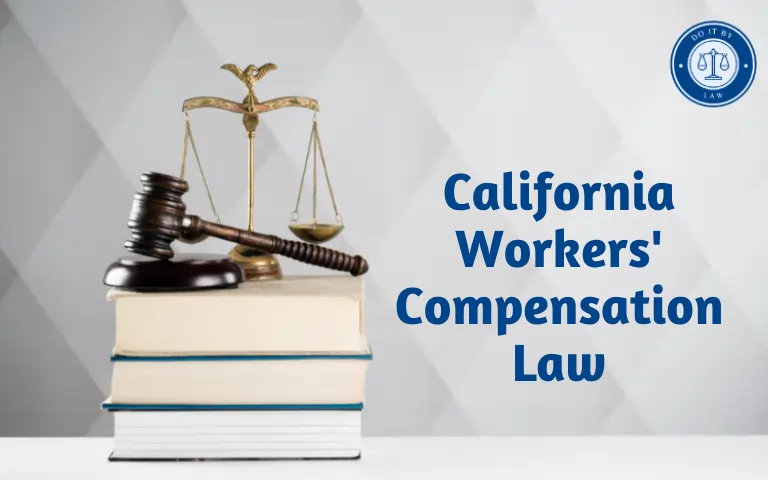Common Law Marriage in California: What You Need to Know
Common Law Marriage has never included provisions for those wishfully hoping to ride off into the bliss of assumed marital status. This article explains why common law marriages join the ranks of unicorns in the Golden State.
When Were Laws Around Marriage Formalized in California?
For as long as California has been a state, it’s required proper paperwork and legal hoop-jumping before considering a marriage valid. As the gold rush era created chaos, legislators felt compelled to make the institution more exclusive. Rules and regulations were soon imposed on couples dreaming of becoming newlyweds.
- 1850 California’s first marriage law requires licenses and formal ceremonies
- 1896 Ban on interracial marriage enacted, not repealed until 1948
- 1969 No-fault divorce permitted, easing access to legal unwindings
- 2008 Same-sex partners gain the right to marry
So California has never slipped into even a summer fling with unregistered common-law marriages. Through the years, the state prefers not to presume a couple is committed for life without ample evidence.
Who Does Common Law Marriage Apply To?
California state marriage regulations apply to all couples within the state hoping to gain legal family status. Unless partaking in a faith-based ceremony without secular standing, you must comply with all the bureaucratic necessities.
Even longtime partners residing together cannot claim common law privileges. Celebrities living secretly pseudo-married for decades in California still often shock fans by finally tying the knot officially.
Key Provisions for Legal Common Law Marriage
If you want marital rights and responsibilities in California, you’ll need to put a ring on it and register properly with governing entities. Here are some key requirements:
- Marriage License – Obtain from the county clerk, often needing in-person appearances
- Authorized Officiant – Religious or civil ceremony officiants must register
- Witnesses – Usually two unrelated adult witnesses required
- Ceremony – Legal ceremony meeting regulations must take place
- Registration – Return completed license for certification and registration
With this five-step waltz, you’ll enter into full legal matrimony. No common law informality allowed!
Penalties for Attempting Common Law Marriage Workarounds
No fines or explicit penalties exist for claiming common-law status in California. You may refer to your longtime roommate as your spouse. But the misleading label grants you no marital rights regarding:
- Tax Filing
- Medical Decisions
- Inheritance
- Division of Property
- Spousal Support
The state won’t invest resources prosecuting you for pretending to be informally married. But if relationships sour, courts won’t recognize the common law posturing. Cohabitating partners have far fewer protections when separations occur. The aftermath for your finances and assets can be complex and costly.
Changes Around Common Law Recognition
A few states permit common-law marriage under certain circumstances. Those longing for the days of fleeing to their lover’s lane need not apply in California though. The state has never acknowledged informal unions as legally binding.
And no changes are pending around recognizing common law partnerships. Existing marriage laws only grow more specific as same-sex couples and others seek protection. Court decisions do occasionally offer incremental rights to cohabitants, but common law dreamers shouldn’t hold their breath.
The Golden State prefers that all marriages complete their ritualistic paperwork dances. So couples can forget pacts said under sunsets – better hire an officiant and buy a ring if you want spousal rights.
Controversies and Perspectives on Common Law Status
Some individuals resent California’s refusal to acknowledge couples merely living out enduring yet informal commitments. They see common law marriage as an expression of true romantic intentions without governmental interference.
However, policymakers argue clear regulations safeguard both partners if relationships crumble after years of financial intertwining. Courts can equitably divide communal assets based on precise marriage timelines. Government forms also rely on clear marital statuses for taxes, healthcare rights, and other needs.
With over 39 million residents, California still seeks order via marital paperwork before assigning couples privileges. Longing hearts hoping to informally elope into common law bonds will find zero sympathy from the West Coast state. So embrace the red tape and keep your conjugal expectations pragmatic within state lines.
Conclusion
The fanciful notion of casual common-law marriage has never found favor in California. Early laws demanded licenses and registrations for civil recognition of marital unions. And despite no fault of divorce easing exit barriers, matrimony remains a well-documented legal status here.
So while you can certainly call your roommate a spouse, don’t expect attendant rights. Property divisions and support obligations for unwed couples get complicated quickly without marriage certificates. However unconventional your living arrangements, better secure an officiant to make it official in the eyes of California law.







